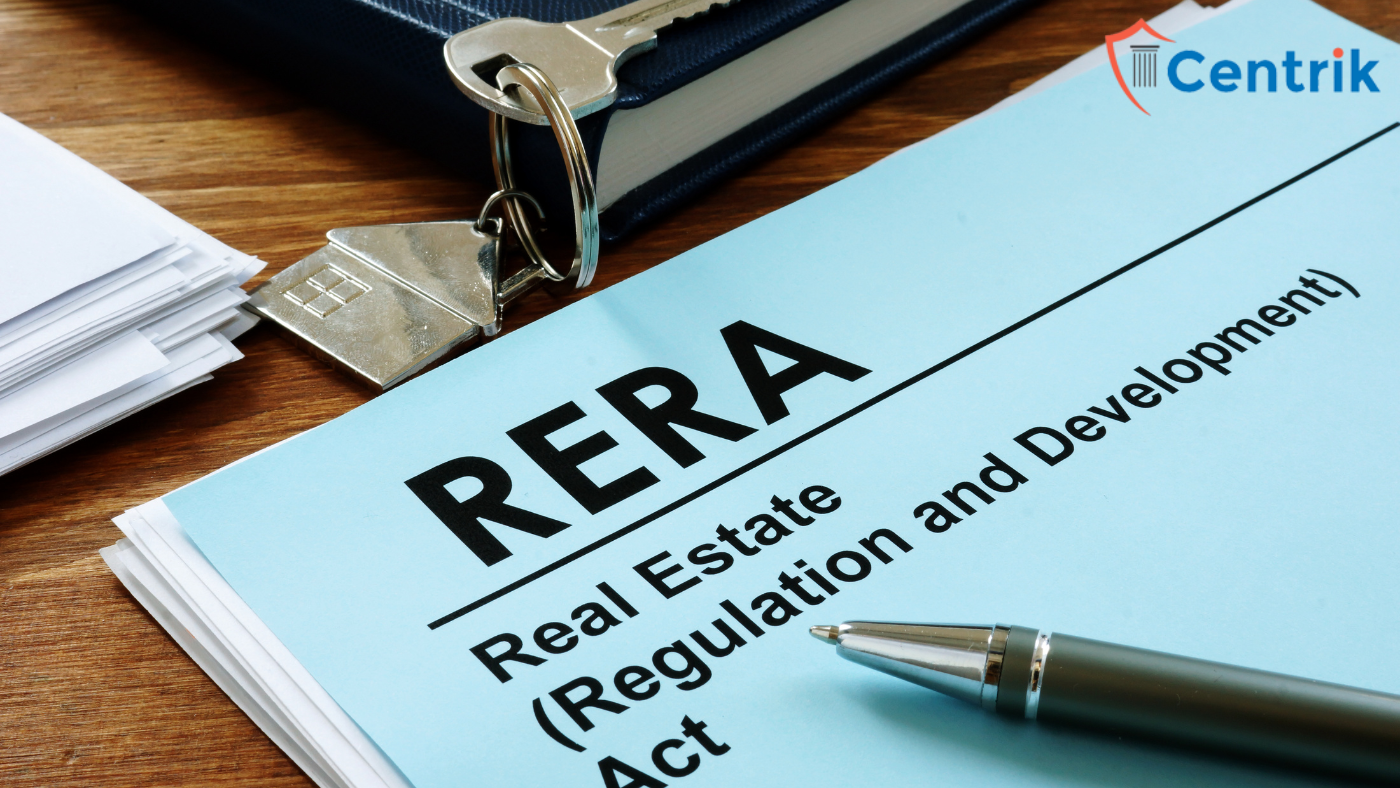
Prior to the RERA Act coming into force, the real estate sector in India was mostly unregulated, with no standardization of business operations or transactions. Due to a lack of a legal framework, home buyers/allottees were often confronted with issues such as project delays, price increases, and poor building quality.
Furthermore, there is no rapid method for resolving issues in the industry. However, the adoption of the Real Estate Regulatory Authority Act offers purchasers relief by expediting dispute resolution., In India the real estate market was essentially unregulated Registration is the one of necessary features under RERA. It clearly states that a builder cannot sell the plot, flat, or any building without prior registration. Clearly, registration is important for selling any building, plot, or flat and if the registration is not completed, the sale cannot happen.
Who needs to register?
- Any person who builds or intends to build an independent building or a building including flats, or who intends to convert an existing structure into flats for the purpose of selling flats to persons.
- Anyone who develops land into a project with the intention of selling it to others.
- Buildings or plots constructed by such an authority or public body on land owned or made accessible by the government.
- Plots held by the development authority or made available to them by the government in order to sell flats.
- A primitive cooperative housing society as well as a state-level cooperative housing financing society that constructs flats or structures for its members or allottees.
Exception of real estate projects
As per Section 3(2)(a): the following real estate projects are not required to be registered:
- The area of the land does not exceed 500 square meters, or,
- The number of apartments does not exceed 8;
- The promoter has received a completion certificate for a real estate project prior to the commencement of RERA
- The purpose of work involved is only limited to renovation repair or re-development and does not involve any kind of marketing, ads, selling, or any new allotment of any apartment, plot, or building.
- Any real estate project that is not within the Planning Area’s boundaries.
Documents Needed For Registration
- Pan Card (Builder/Promoter)
- Balance Sheet and ITR( At least 3 years)
- All the details of the building (like carpet area, built-up area, etc)
- All the details regarding land (Ownership, Rights)
- Consent of the owner of the land in case the land is not in the name of the builder
- Details of the project
- All the details of the persons involved in the project.
In case if authority finds that any of the documents are missing or forged then the authority will not grant permission or they may have to face other consequences.
Validity of registration under RERA
- The registration which is authorized shall be valid for the period which is mentioned by the promoter itself for the completion of the real estate project or the phase which is as specified in the affidavit.
- It may be also extended by the authority upon the receipt of an application from the promoter in the following circumstances:
- War, flood, drought, fire, hurricane, earthquake, or any other natural calamity that disrupts the regular development of the real estate project is considered force majeure.
- Authority may also extend the validity if the grounds and conditions are reasonable to the maximum of 1 year.
Cancellation of Registration
The Authority has the power to cancel a registration anytime based on a complaint received or it can be by “suo motu” by sending 30 days written notice to the Promoter of such a real estate project and in notice detailing the grounds for proposed revocation and asking the promoters to present reasons for his project’s acceptance. After receiving the reply from the promoter, the authority may grant or revoke the registration of the real estate project.
The notice suggesting registration cancellation will be issued if the following conditions are met:
- If the Promoter fails to comply with the rules and regulations of the RERA.
- If the Promoter fails to comply with the Authority’s approval terms and conditions;
- If the Promoter is involved in any illegal, unethical, or irregular behavior, such as deception or false representation, or the publication of advertisements/prospects for services that are not intended to be provided.
- If the Promoter engages in any deceptive tactics, the prize will be forfeited.
Conclusion
As the RERA act was implemented in the year 2016 there was a lack of legal framework in the real estate sector after the implementation of the RERA act it helped the buyer and gave them rights and responsibilities which had not been there prior to the commencement of the act. This act clearly changed the dynamic of the real estate sector it has mostly considered the buyer’s point of view, and it is a little harsh on the builders.
As per this act the payment should be made only to the escrow account and the amount cannot be used for other projects builder can only handle one project at a time. This act clearly defined various things such as carpet area, built-up area, etc. Basically, this is a great advantage to the buyers, buyers cannot be asked for more money and they cannot be cheated.




 join For Updates
join For Updates